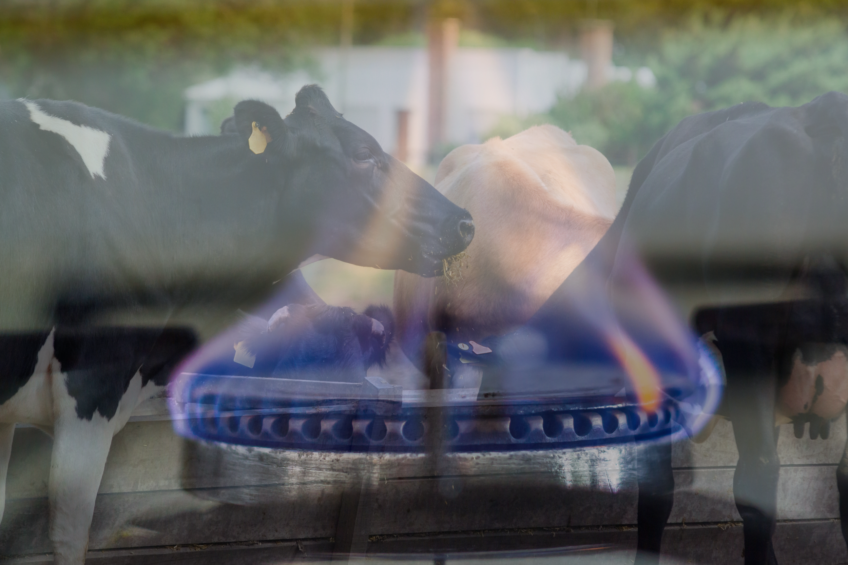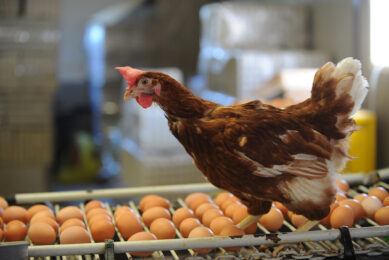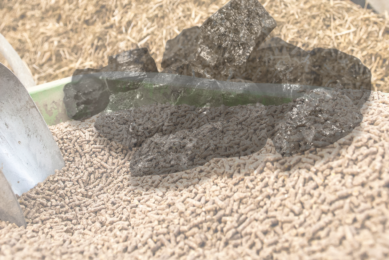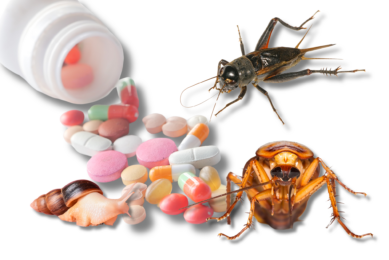A gas-to-feed protein plant is commissioned in Russia

Russian company Biopractica has launched a gas-to-protein production plant in the Kirov region, 650 km east of Moscow. Although this sector of the Russian feed industry has lacked development in recent years, the outlook looks promising, as a part of the future production volume has already been contracted by Chinese firms.
“This is the first pilot industrial production of microbial feed protein from natural gas in Russia, created using Russian technology,” the company stressed.
Biopractica emphasised that substantial scientific work has been done to improve the already available production methods, though it has refrained from diving into details.
Microbial feed protein is expected to become a viable alternative to fishmeal and soybean meal protein in Russia, Biopractica stated.
Besides, as the company indicated, the project has huge export potential, primarily in Southeast Asian countries. Chinese firms have ordered a portion of the future production volumes.
Sergei Portnov, Biopractica CEO, was quoted as saying that “the launch of the plant near Kirov will be an important step in finding answers to the challenges the Russian food and feed industries are currently facing.”
This is likely to be a reference to a feed protein shortage in the country the Russian Union of Feed Manufacturers estimated to be close to 2 million tonnes per year.
A new industry
The plant will convert methane into biomass with a high protein content. Providing there is a sufficient demand among the Russian feed manufacturers, the project could pave the way to establishing a brand-new industry in the Russian economy.
“Development of feed protein production from methane can boost the consumption of natural gas in the domestic market, create an additional method of processing hydrocarbon raw materials into a sought-after product with high added value and, in fact, form a new promising gas processing industry in Russia” stated Dmitry Zaitsev, deputy director of Innopraktika, a Russian institute, which was one of the project investors.
Following the lead
The Biopractica project is not the first gas-to-protein plant launched into operation in Russia.
In 2019, Protelux completed a 6,000 tonne per year methane-to-feed-protein plant in Russia, based on technology from the Danish company Unibio. 4 fermenters encompassing methanotrophic bacteria that absorb natural gas have been constructed as part of the Ivangorod facility not far from the Russian border with the European Union, the company said in a statement.
Several other ambitious investment plans were discussed in this segment. For example, in 2022, Giprobiosyntez rolled out plans to invest 10 billion roubles (US$150 million) into a new plant that will convert natural gas into fermented animal protein. However, the status of most such projects remains unknown.











